‘They took him out of his house, beat him and beheaded him’ – LGBTQ Afghans fearing for their lives
LGBTQ people in Afghanistan tell Attitude that time - and hope - is running out.
By Will Stroude
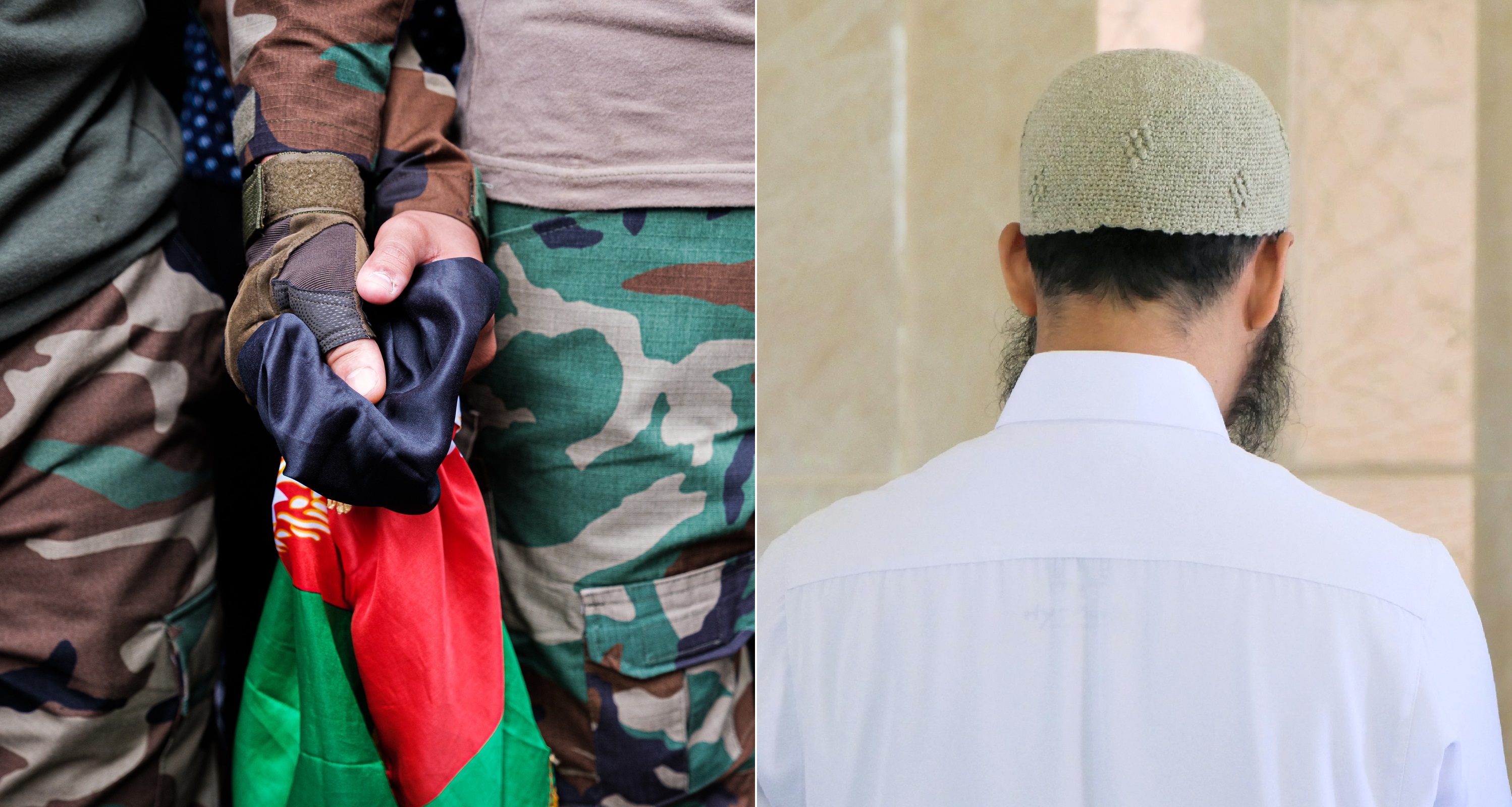
Words: Billy Stockwell; Images: Unsplash
Ahmadullah* is a young gay man currently stuck in Afghanistan, fearful that the Taliban are going to find him. “All Afghans and my relatives hate me. If anyone sees my face or name, they will inform the Taliban,” he says.
Just last week, Ahmadullah’s boyfriend was murdered by the Taliban after the Islamist militia toppled the Afghan government. His brother and father have also been killed.
“First, they took him out of his house, beat him and beheaded him,” Ahmandullah told Attitude. “The Taliban said this is what we do to LGBT+, to set an example”.
“He was my world. We met in uni first semester. We were just classmates and then best friends, because everything was so common between us – music taste, favourite food, favourite movie, everything.”
“Whenever we had break time we always used to go to a cafe and laugh together, listening to songs. We were so happy. Now, I’m lost and broken. I’m all alone here. He was my everything and I lost him.”
Ahmadullah tells Attitude that since his boyfriend was killed, he has already tried to commit suicide two times. But his boyfriend’s words keep coming into his head.
“We had promised each other that we will go to a foreign country for a master’s degree, and then we would get married,” he says. “We promised that we would never give up. When I tried to commit suicide, this promise keeps coming into my head”.
Now, Ahmadullah is receiving calls from numbers he doesn’t recognise telling him they know everything about him, including that he is gay.
In order to try and escape the country, Ahmadullah has been on the run for days. He has also been sending emails to different embassies and LGBTQ+ groups begging for their help, but so far, he has had no response. “I don’t know why the world hates us. Being gay is not a crime.”
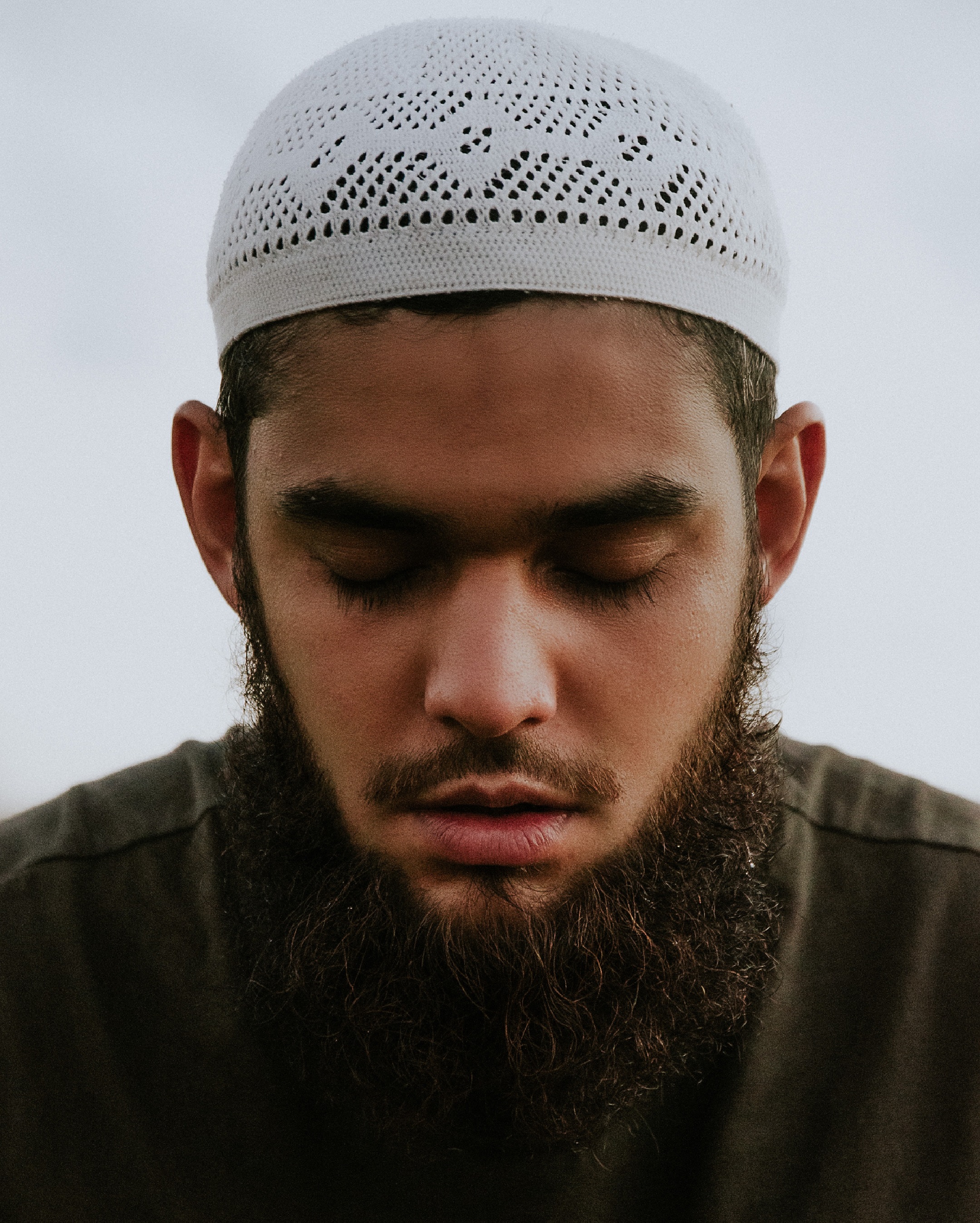
Image: Pexels
Since first speaking to Attitude, Ahmadullah managed to get to the US Marine’s gate at Kabul airport, where he waited for over ten hours in knee-deep water. Despite bleeding from a stab wound that was inflicted by the Taliban, he tried to climb over the airport wall.
“A soldier beat me and threw me back into the water. My left leg was hurt badly, and I can’t walk properly now,” he says.
Nemat Sadat, a gay Afghan activist now based in the US, who was trying to help Ahmadullah get to safety fears for the young man’s life. “Ahmadullah is dying. He’s weak, hungry, sleep deprived and about to collapse.”
“The US State Department should be processing his case so he can get on the list,” he tells Attitude. “They said 12 to 24 hours.”
Sadly, Ahmadullah didn’t make it inside the airport. He’s now on the run again, any hope of escaping the country fading quickly.
Nemat is currently receiving hundreds of messages from LGBTQ+ Afghans. “After ignoring my pleas to help LGBTQ+ people in Afghanistan for over a decade, I would never forgive [western governments] for turning their backs on the community,” he says.
Ahmadullah might be making this journey on his own, but he is not alone in his fear of the Taliban and what they seek to do to LGBTQ+ people like him.
Faraz*, a student in his mid-20s, also pleads with the UK Government and other western nations to help LGBTQ+ Afghans escape the country. “My life is in danger. We will be killed in just a few days” he tells Attitude over a WhatsApp call.
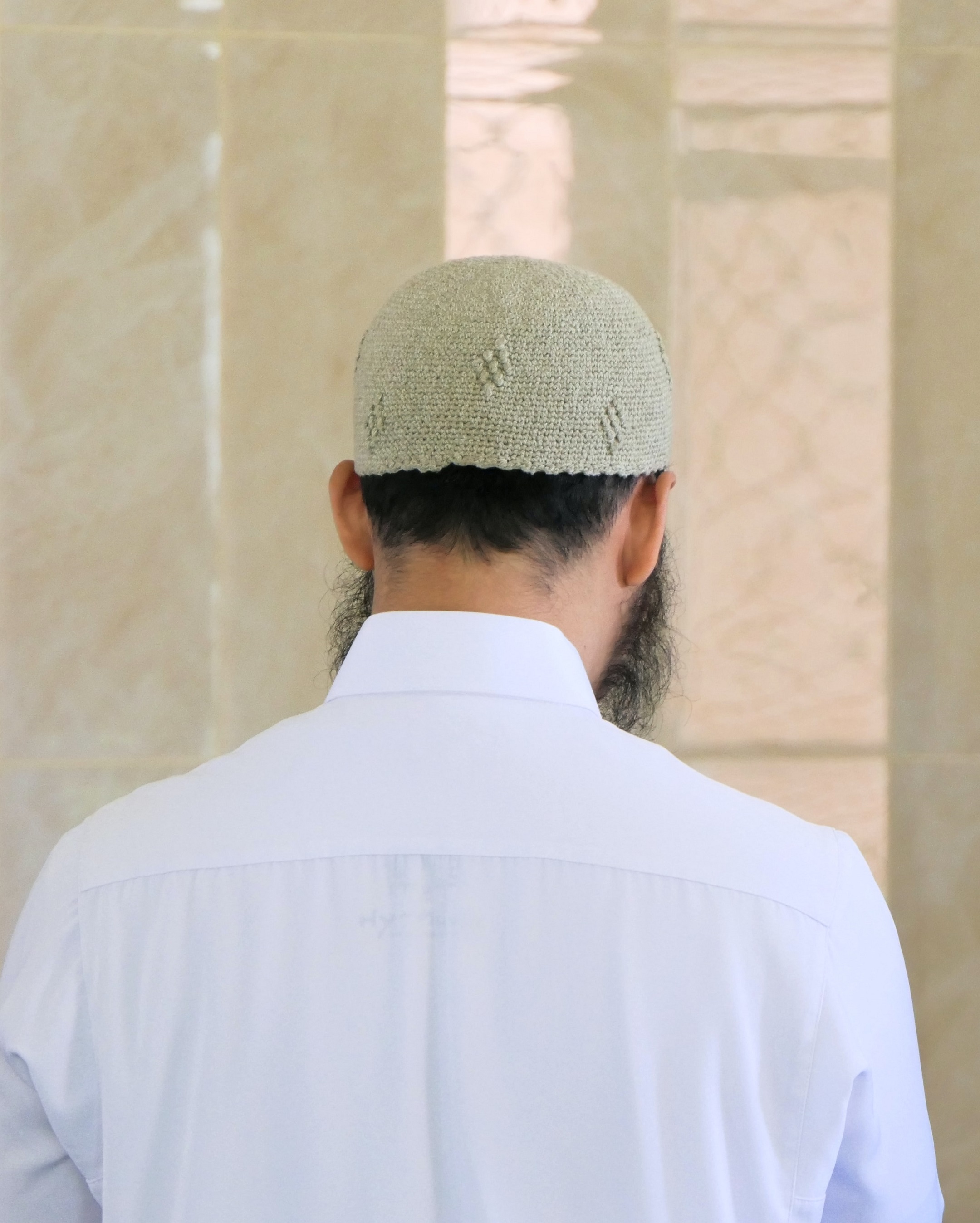
Image: Unsplash
The tone in his voice is numb and he sounds defeated. “One of my relatives was killed by the Taliban last week because he was gay” Faraz says. “He was a very sweet boy.”
Last month, Gul Rahim, a Taliban judge, confirmed to the German newspaper Bild that gay men would be killed under their regime.
He stated they would be killed “either [by] stoning or he has to stand behind a wall that falls on him”, shattering the Taliban’s attempts to appear more progressive than they were during their previous reign.
However, even before the Taliban took over, Faraz didn’t feel safe. He lived in constant fear of state persecution and never dared tell his family about his sexuality in case it brought “embarrassment” upon the household.
Faraz tried many times to leave Afghanistan, but never succeeded. “There is no specific way to leave” he says.
Until just last year, the UK Home Office’s guidance (which has recently been taken down) stated that gay men would not face “a real risk of persecution” in Kabul as long as they did not “attract or seek to cause public outrage”.
Many LGBTQ+ Afghans, including Faraz, would disagree with this reasoning.
However, even though living as a gay man under the Afghan government was “not perfect”, Faraz still recalls many “happy memories” with LGBTQ+ friends.
“I would meet with my friends on the park and at the cricket stadium” he says. “We were going to the park once or twice per week, we were enjoying parties. I was very happy.”
But now, Faraz and his gay friends cannot meet, and probably never will again.
Like Ahmadullah, and so many other LGBTQ+ people in the country, Faraz is in hiding with no way to leave without the support of western governments. It is even too dangerous to go to the hospital, he says, because there is a specific group of Taliban whose job it is to hunt down gay people.
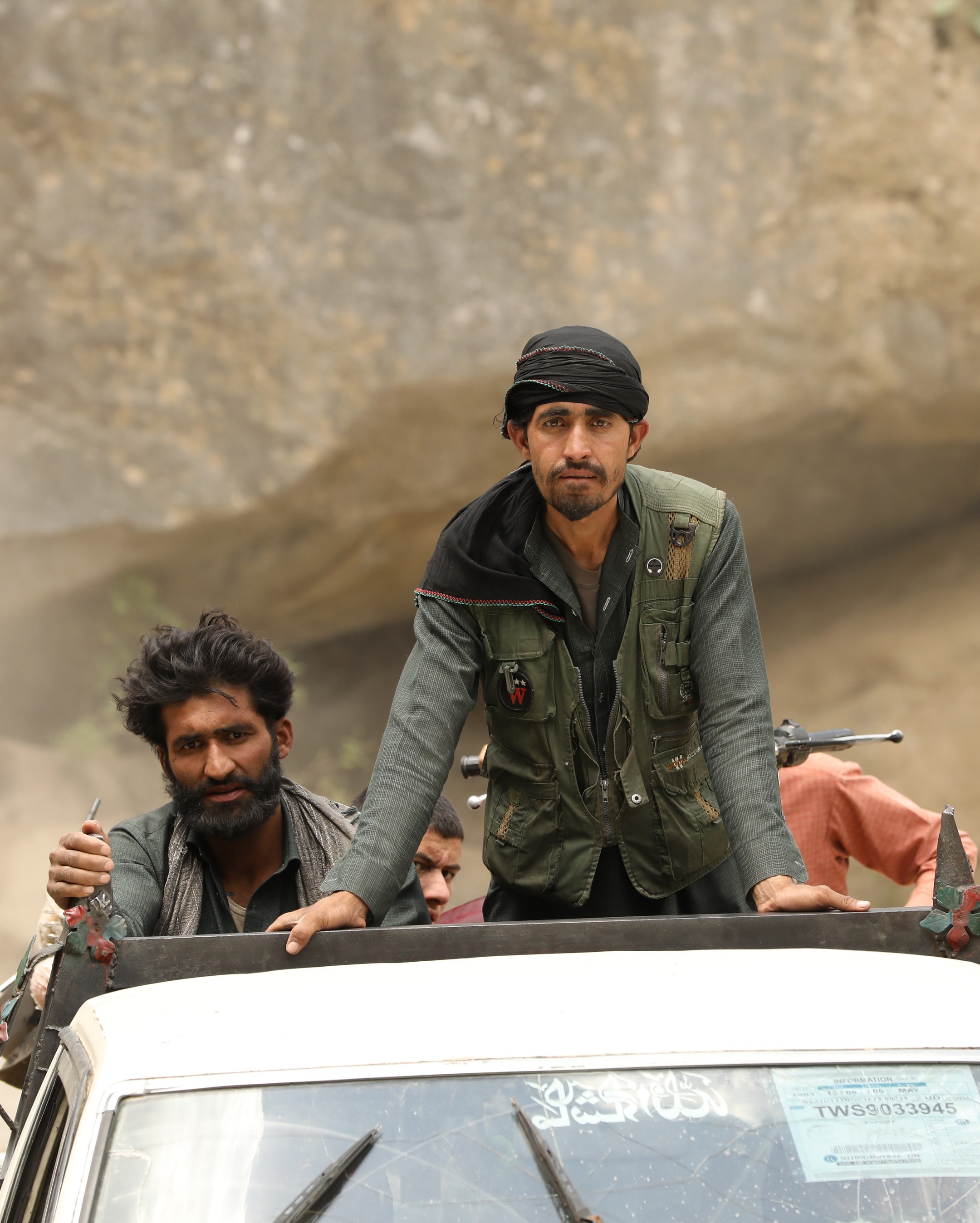
Image: Unsplash
“The Taliban are going street by street in search of gay people to kill. My gay friends are not safe at the moment. They are hiding inside their homes.”
Another young gay man, Sulaiman*, is evading the Taliban by hiding in a building with his family near Kabul, after fleeing his home province with his family.
Two young gay men were shot nearby where he used to live, he says, because their friend told the Taliban that they were in a relationship.
Sulaiman speaks to Attitude locked inside a room so that his family doesn’t hear him talking on the phone. “My family do not know that I am gay,” he says. “Once people find out about your sexual orientation, they will ignore you, they won’t accept you as their brother or son.”
“If I told my family that I was gay, they wouldn’t want to see my face again.”
Before fleeing the Taliban, Sulaiman was an English teacher. “I really loved to teach and transfer what I know to others” he says, with a sudden optimism in his voice.
But now Sulaiman is incredibly concerned about what the future brings. It was very difficult for LGBTQ+ people to live in Afghanistan under the previous government, he says, but now it is impossible.
“If we stay in Afghanistan, we will have to kill our emotions, kill our feelings,” he says. “If we marry women, we will have very bad lives, with a girl that we do not love.”
Sulaiman explains how families often force their children to get married in their early-20s, leaving gay men to choose between exposing their sexuality and being killed or marrying a woman and living with “no joy or love”.
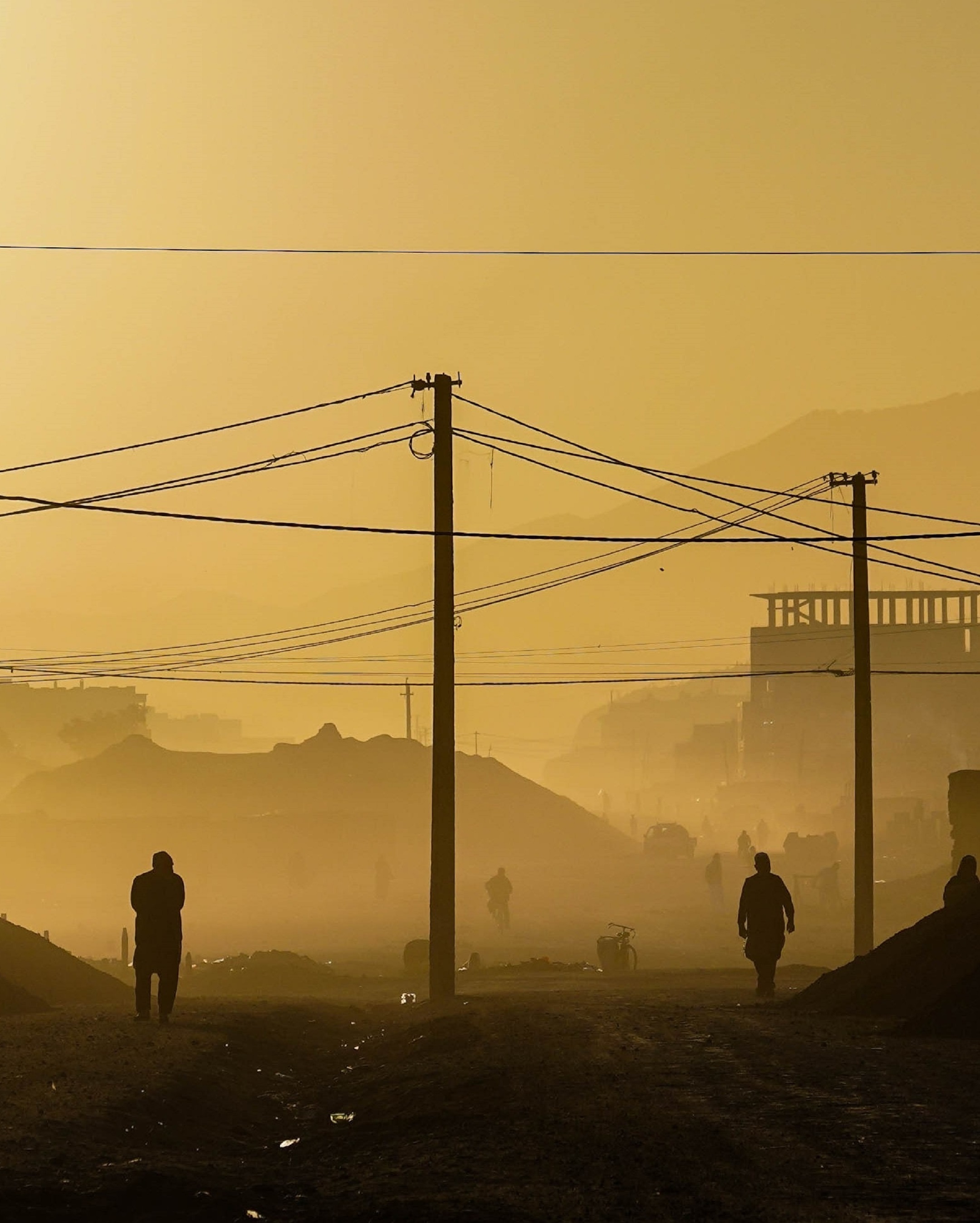
Image: Unsplash
Living in this way has put a significant strain on the mental health of LGBTQ+ Afghans, Sulaiman explains. “I got depression last year and went to the doctors,” he says. “Most LGBTQ people in Afghanistan will have depression. They cannot enjoy their lives.”
Just because gay people were safer before the Taliban took over, Sulaiman says, that does not mean that their lives were happy.
“There are a lot of secret suicides. They may have problems that they can’t share with their friends or family,” he says. “Committing suicide is the solution to their pain.”
Sulaiman knows that western governments, including the UK, stated that Kabul was safe for LGBTQ+ Afghans as long as they were discreet, but Sulaiman asks, “how long should we hide our feelings for? How long should we hide who we really are?”
Living discreetly for Sulaiman means that he has never had any gay friends, never had a boyfriend and never spoken about being gay with anyone, apart from people online from other countries.
Now, his only hope lies with the US forces and other allied nations to help him get out of the country.
“We have just days left. If the evacuations end, we will stay in Afghanistan forever and accept what comes to us. It will be the end of our lives.”
Sulaiman admits that if he cannot be helped to leave Afghanistan, it’s possible that he will be one of the people that commits suicide “to end the problems of being LGBT in Afghanistan”.
Rabia*, another student, has already moved three or four times to prevent the Taliban finding her. “I’m really afraid of the Taliban. They are really cruel people,” she says, whispering down the phone.
Just the day before Attitude spoke with her, Rabia had to move location because the Taliban were searching houses nearby. She wore a chadari (full hijab) to stop people recognising her.
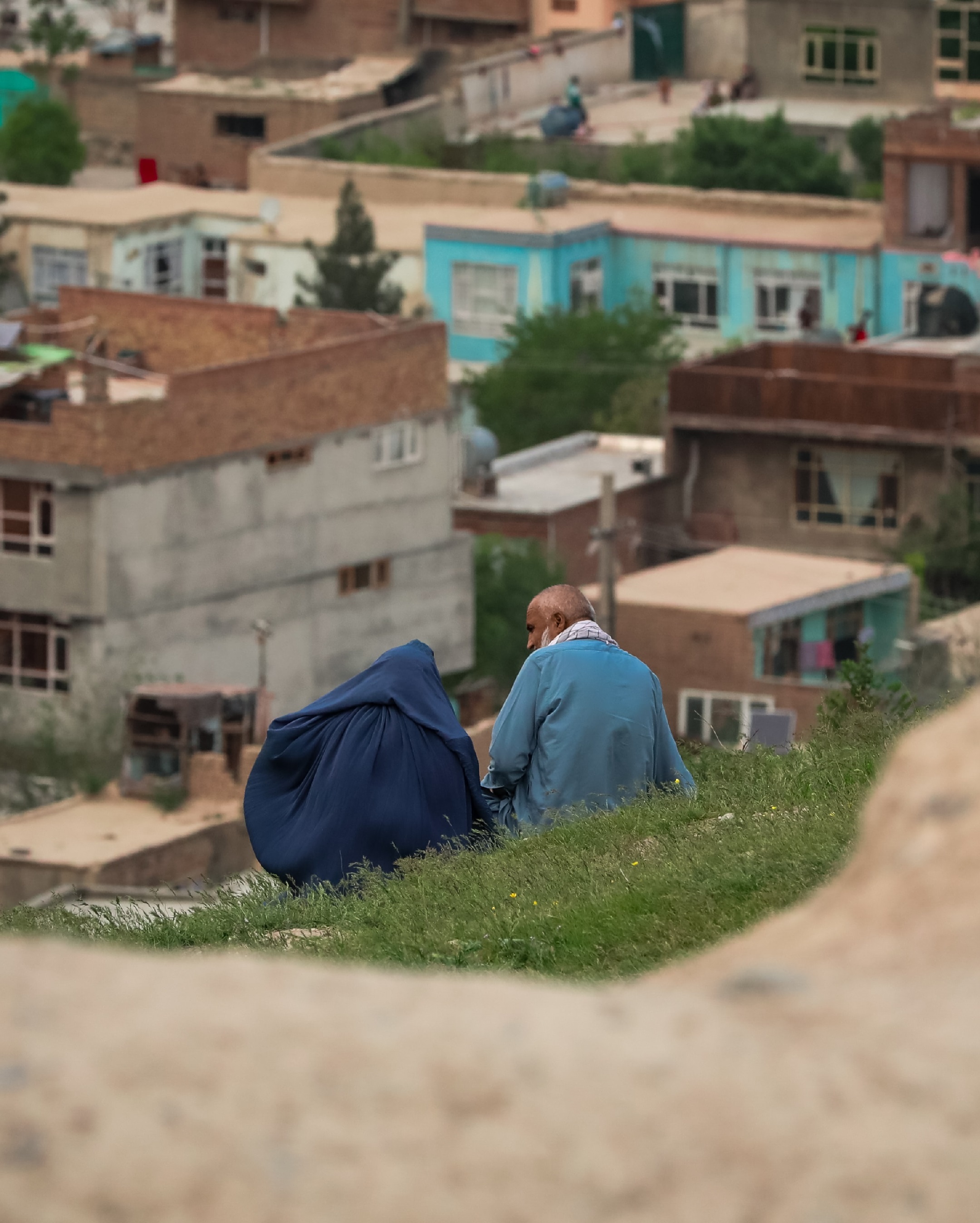
Image: Unsplash
“The Taliban don’t like people like me. They don’t like my family. It is certain that they will kill me,” she says.
However, Rabia is not just worried about herself. After coming out to her family when she was just a teenager, she is worried that they will also be targeted by the Taliban.
“My family were always supportive, and they have always helped me. But they can’t tell anyone,” she states. “At first, they were shocked [when I came out], but now they accept me and help me to keep my secret by changing locations.”
Members of Rabia’s whole family are putting their lives on the line to give her the best chance to escape the country, but the Taliban are not the only people to be fearful of, she says.
If neighbours find out about Rabia’s sexuality, they might report her and her family to the Taliban because lesbians are also “against Islam culture”.
Because of this threat, she wants to ask western countries to not “forget” her and people like her. “We are here and as a human we need help. I hope western governments can help people like me. We have dreams, and we want to make our futures bright,” she says.
Rabia tells Attitude that she wants to become a human rights activist when she is older. “Thanks for raising my voice to the world,” she concludes.
Clearly, not only are the lives of Afghanistan’s LGBTQ+ community hanging in the balance, but their hopes and dreams too.
Nemat, who was helping Ahmandullah get to safety and who introduced Attitude to these LGBTQ+ individuals, knows this reality all too well.
As the first Afghanistan native to publicly come out as gay, he was deemed a national security risk to his country and later fled to the US following multiple death threats.
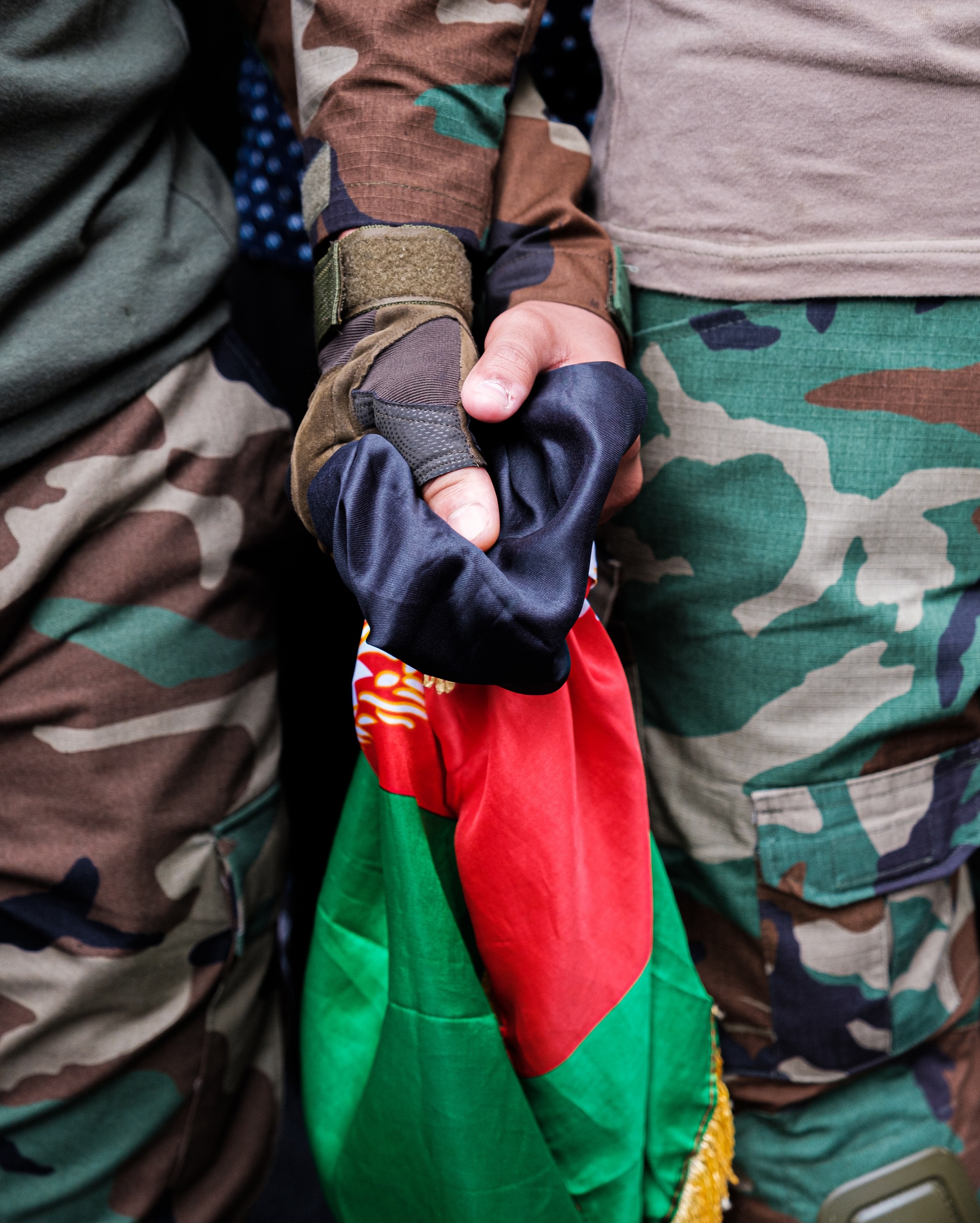
Image: Unsplash
Now living in San Diego, Nemat has gone on to become a best-selling author, writing The Carpet Weaver, which tells the story of a young Afghan boy who falls in love with his best friend.
He’s now working around-the-clock to help LGBTQ+ Afghans escape the country. “I have received hundreds of messages from LGBTQ+ Afghans who are pleading for me to help them,” he says.
“Countries like the UK should help provide all LGBT Afghans, who wish to escape the Taliban, a safe passage and the resources to rebuild their lives”.
With the US committed to its withdrawal deadline on August 31st, ceasing all evacuation efforts out of the country, LGBTQ+ Afghans are nearly out of time.
Whilst it is impossible to get every LGBTQ+ person out of Afghanistan, Nemat admits, that should not mean that the gay community is completely abandoned.
Matching the desperation of all of the LGBTQ+ people Attitude have spoken with over the last week, Ahmadullah asks a simple question of his future: “Will I ever be free and happy like other LGBT+?”
*names have been change to protect identities
